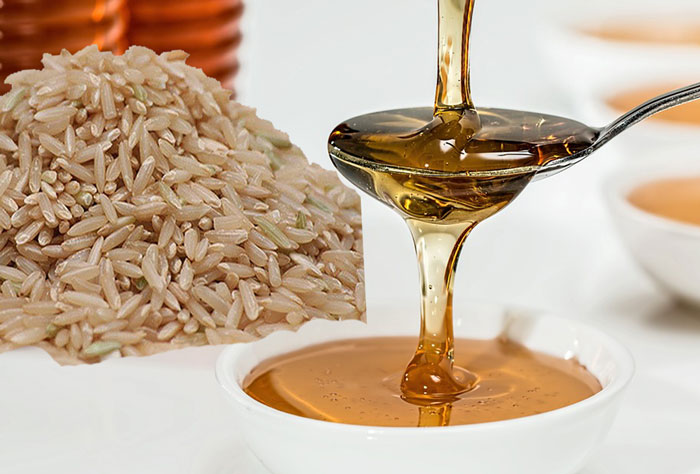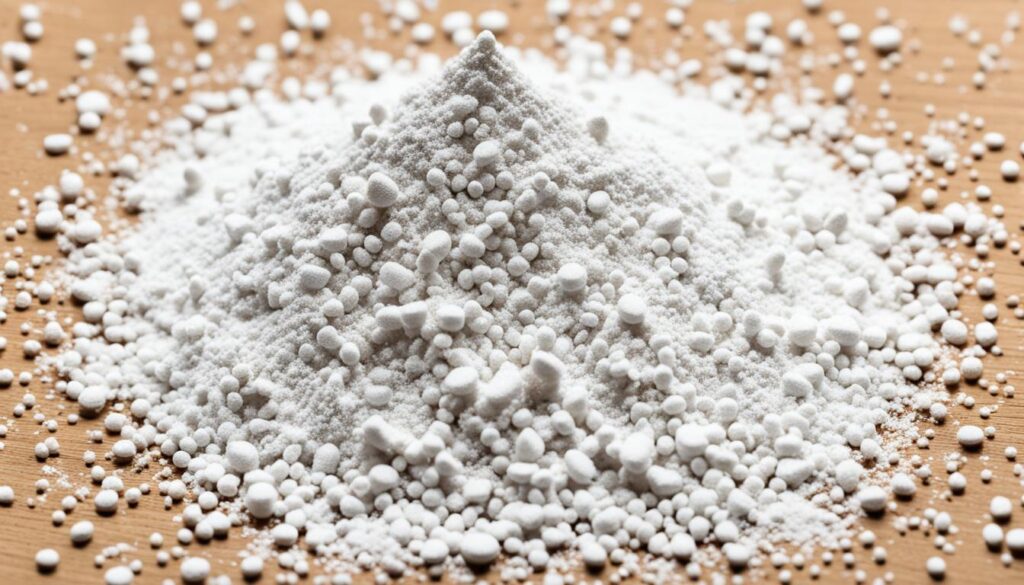Introduction to Rice Malt Syrup
Rice malt syrup, often touted as a healthier sweetener, has gained popularity in recent years. It offers a natural sweetness and boasts several nutritional benefits, making it a sought-after choice for health-conscious individuals and those seeking alternatives to refined sugars.
What Is Rice Malt Syrup Made Of?
This syrup is derived from fermented cooked rice, typically brown rice, through a process involving enzymes that break down the starches into sugars. It’s a natural sweetener without any added artificial components, making it an appealing option for those favoring natural ingredients.
Nutritional Profile of Rice Malt Syrup
This syrup contains carbohydrates in the form of maltose and glucose, providing a source of energy. It also contains trace amounts of vitamins and minerals like potassium and magnesium, although not in significant quantities.
Health Benefits of Rice Malt Syrup
One of its notable advantages is its low glycemic index, which means it doesn’t cause rapid spikes in blood sugar levels. Additionally, it’s gluten-free and allergen-friendly, catering to individuals with dietary restrictions. The syrup also contains antioxidants, albeit in small amounts.
Culinary Uses of Rice Malt Syrup
It serves as an excellent substitute for sugar in various recipes, especially in baking and cooking. Its mild flavor allows it to complement dishes without overpowering other ingredients.
Comparison with Other Sweeteners
When compared to honey, maple syrup, and agave nectar, rice malt syrup stands out for its lower fructose content and lower sweetness levels. This makes it suitable for those watching their sugar intake.
Is Rice Malt Syrup Suitable for Everyone?
While generally considered safe, individuals with diabetes or those closely monitoring their sugar intake should consume it in moderation. It’s essential to consult with a healthcare professional before making significant dietary changes.
How to Use Rice Malt Syrup in Daily Diet
Incorporating this syrup into everyday cooking and baking can enhance flavors while reducing reliance on refined sugars. Recipes ranging from desserts to savory dishes can benefit from its natural sweetness.
Potential Drawbacks and Side Effects
Consuming excessive amounts of rice malt syrup may lead to an increase in calorie intake and could potentially affect dental health. Moderation is key when using any sweetener.
Storing and Shelf Life of Rice Malt Syrup
Proper storage in a cool, dark place can extend its shelf life. However, it’s essential to check the packaging for specific instructions and expiration dates.
Sustainability and Environmental Impact
The production process of rice malt syrup typically involves fewer resources compared to some other sweeteners, making it relatively environmentally friendly.
Rice Malt Syrup in the Market
Several brands offer rice malt syrup, providing consumers with options based on preferences such as organic or non-GMO varieties.
Myths and Misconceptions About Rice Malt Syrup
Clarifying misunderstandings surrounding this sweetener can help consumers make informed choices about its usage and benefits.
Conclusion
Rice malt syrup presents itself as a viable alternative to refined sugars, offering a natural sweetness and certain health advantages. Its versatility in cooking and its lower glycemic index make it an attractive option for those seeking healthier dietary choices.












